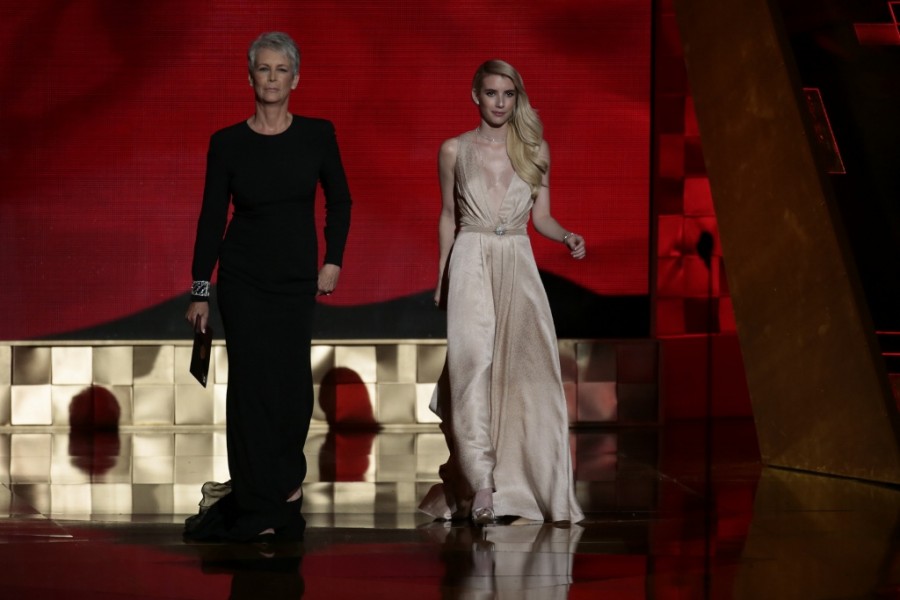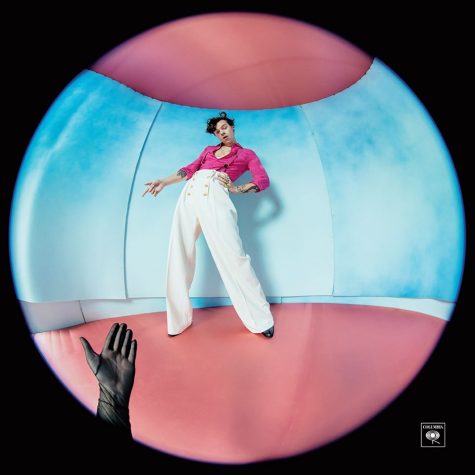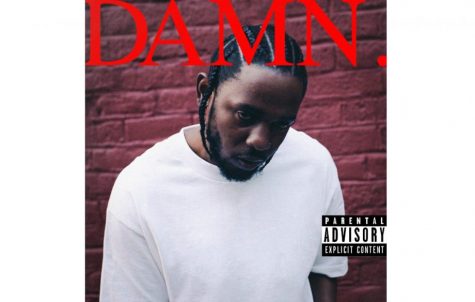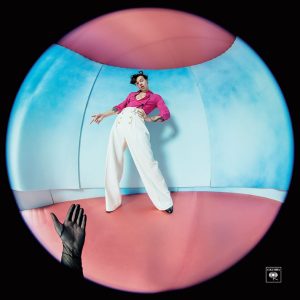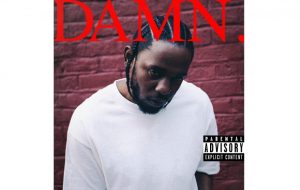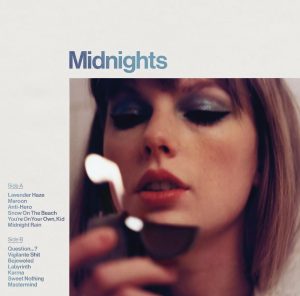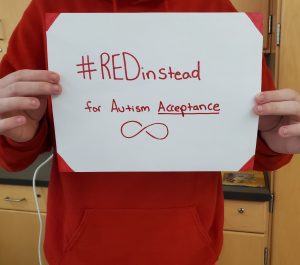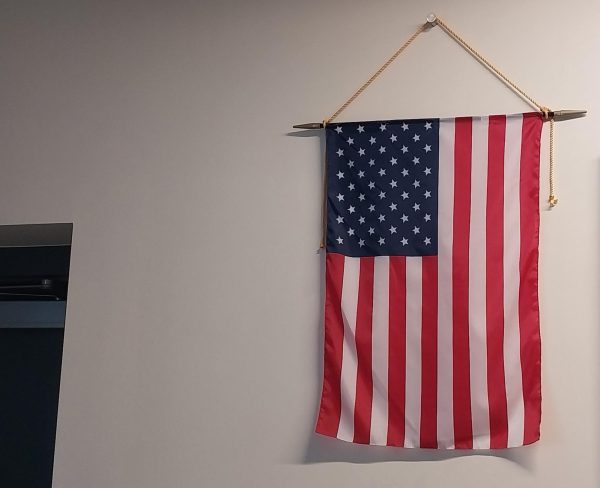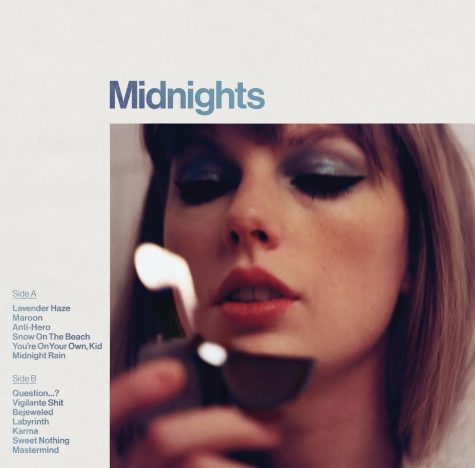In Defense of Celebrity Culture
Celebrity culture may hold the key to social evolution.
Jamie Lee Curtis and Emma Roberts, during the 67th Annual Primetime Emmy Awards at the Microsoft Theater in Los Angeles on Sunday, Sept. 20, 2015, are two examples of celebrities popular in celebrity culture. (Robert Gauthier/Los Angeles Times/TNS)
May 31, 2022
From the newest Kardashian sitcom to the slap heard around the world at the 2022 Oscars; there is nothing people love more than some juicy celebrity gossip. The entertainment, social media, and tabloid industries all rely on it, with retweets and clickbait titles helping spread the word of Hollywood stars’ and social influencers’ latest dramas.
This obsession with the famous and wealthy is far from a simple enjoyment and natural curiosity, and while it may not always be healthy, the intense scrutiny of celebrities provides the vessel for which the public orientates widely accepted cultural beliefs.
Perhaps the most fascinating aspect of celebrity culture is the inherent distance it creates between celebrity and consumer. A vlog or Instagram story of a celebrity being attended to by half a dozen makeup and wardrobe attendants can be entertaining to the consumer because it is far removed from their own reality.
“Cancel culture normalizes the discussion of things such as race, gender, sexuality, religion, and overall privilege. Twitter threads or tabloid articles that praise or condemn celebrity actions offer a public forum for debate, often giving these marginalized groups a voice of protest.”
— Amaya Turner
A person who is worried about paying their rent on time, or picking up their kids from work, might feel emotional distance to someone of disproportionate celebrity wealth and status. The celebrity feels near fictional, a larger-than-life character invented and carefully honed to public appeasement and adoration. This is not to condemn an average American for not being on par with that level of fame, merely a intriguing glimpse into some kind of bizarre “what if I possessed millions of dollars” scenario.
Celebrity culture is built off Hollywood glamor, snapping cameras, and edited pictures. At its best and most frivolous, it romanticizes luxuries such as designer clothing, expensive false nails, and awards shows. Celebrity culture is built to be taken in at its surface, where everything remains clean and perfect to the point of disconnecting celebrities from being “real” people.
This being said, it would be near impossible to analyze celebrity culture without also looking at its ugly friend: cancel culture. Put simply, cancel culture is the mass online boycott of a celebrity or brand as a form of protest or exclusion. While cancel culture can be used for petty grudges, or reduced to a normalized excuse to rag on disliked but non-offensive celebrities, cancel culture is, at its heart, is a tool. Often times, it is a tool used for good.
Cancel culture takes a celebrity and examines them (perhaps at times too in depth) to assess their personal morals. Any hint of prejudice- racism, misogyny, homophobia, ableism, etc.- and Twitter users will eventually celebrate with the trending hashtag “#(CelebrityName)IsOverParty.” In this way, it helps to break the aforementioned parasocial ties that cause many to blindly defend or obsess over celebrities.
Naturally, as with any social phenomenon, there is the risk of it being taken too far and cancelling without fact checking or being overly critical. Alternatively, some celebrities are “cancelled” but the public doesn’t take any action, like in the instance of J.K. Rowling’s public transphobia and the public’s continual love affair with the Harry Potter series. Cancel culture is not only effective when it is a large scale career ender.
This learning of impartiality or inevitable disappointment that comes with celebrity hero worship is necessary for societal ideals and values to grow. Often times, celebrity culture and cancel culture go hand in hand with the overlooked concept of intersectionality. Cancel culture normalizes the discussion of things such as race, gender, sexuality, religion, and overall privilege. Twitter threads or tabloid articles that praise or condemn celebrity actions offer a public forum for debate, often giving these marginalized groups a voice of protest.
In autumn 2021, comedian Dave Chappelle found himself amidst online backlash over his new Netflix special, The Closer, which had a series of offensive jokes targeting the transgender community. Media coverage even captured the walkout many Netflix employees participated in, while online, people argued as to where the line between tasteful comedy and hateful harassment lies.
Similarly, when Will Smith slapped Chris Rock over a joke about his wife’s hair loss at the 94th Annual Academy Awards, discussions circulated not just over what constitutes comedy but the differentiates between tasteful teasing and cruel taunting. The discussion was important as comedians tend to build their careers on jokes at the expense of others. In this instance, the Black community and the cultural significance of hair and the alopecia community of which Pinkett-Smith belongs to.
Comparing and contrasting who was in the wrong, and who was in the right built public discussion of marginalization. This does not eliminate that even celebrity culture has its drawbacks, or that the paparazzi industry thrives on hate, it does very much contextualize what a society puts focus on in the moment. Currently, public eye is turned towards the Johnny Depp and Amber Heard case, which will set precedent for how alleged male survivors of domestic abuse and the #MeToo movement grow in modern culture.
While often dismissed as shallow, celebrity culture provides the necessary social platform for collective societal discussion and constant evolution. Celebrity culture often serves as the catalyst for assessing what values are still current and what has become rightfully obsolete.

